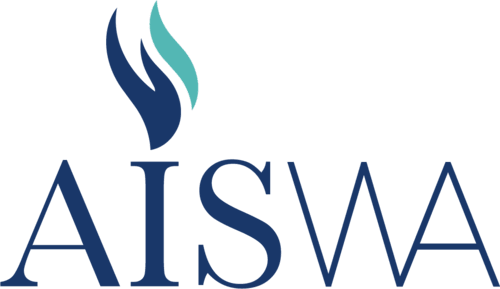Description
The Federal and State Ministers for Education have agreed to the Nationally Consistent Collection of Data model on School Students with Disability (NCCD). This data collection commenced in 2013 in a phased implementation approach, with full implementation by all Australian schools in 2015.
This information session is specifically for Principals (Bursars and Learning Support Coordinators are welcome to accompany them). At the briefings we will cover the following:
- Background to the NCCD model
- Expectations of the Disability Loading under the National Plan for School Improvement
- Nationally Consistent Collection of Data Model
- Levels of adjustment and Disability Categories
- How to decide categories and levels of adjustments
- Collecting evidence and documentation
The Moderation part of the workshop is designed to give key school personnel an increased level of confidence and consistency when collecting evidence and making decisions about student data for the NCCD. There will be a focus on decision-making for levels of adjustment, student inclusion in the NCCD, and collection and types of documentation to support school data.
Who should attend?
Key staff member/s at your school who have previously made (or are likely to in 2017) decisions about which students to include in the NCCD, and the level of adjustment allocated to each student. This may include Learning Support Coordinators, Psychologists, School Leaders, Teachers etc. If you are involved with students with disabilities at your school, including collecting documentation, coordinating support, writing Individual Education Plans (IEP) and collating disability data, then you are also welcome to attend.
What to bring?
Copies of de-identified documentation for 2-3 students who have been (or are likely to be) included in the NCCD. Documentation can be any evidence of adjustments that are currently being made for students (eg. IEP or other documented plans, minutes/notes from case meetings, information to teachers about strategies, information about special staffing, accommodations, withdrawal programs etc.) There is no set format for documents and no need to create or formalise documents that do not currently exist, so just bring what you have.
It is important to remove/hide all information that can identify students in order to comply with privacy requirements.
Please DO NOT bring sensitive diagnostic documents such as psychologist reports (you may bring a copy of the Recommendations page).
Please DO NOT bring original documents without first making a copy.
Please remove or hide information that can identify individual students.
Presenters
Michelle Bishop (AISWA Staff)
Manager Of Inclusive Education And ASPS

Michelle Bishop has a degree in psychology and primary teaching. She has worked with students with a wide range of Learning Difficulties and Disabilities both in primary and secondary settings. Michelle has been with AISWA for more than eight years and represents AISWA on a range of state and national committees advocating for students with diverse needs.
She coordinates services for the Inclusive Education team and the AISWA School Psychology service, providing schools and leadership with a range of support from consultancy to professional learning in the areas of disability, learning difficulties, gifted education, behaviour support, mental health, suicide awareness and prevention and child protection.
Terms & Conditions
Please click here to view our general terms and conditions
Segments
Event Segment
Date / Time
24 Mar 2017 Starts: 09:00 Finishes: 12:00Delivery Format : In Person
John Calvin School Albany
PL Hours : 3.00
Learning Area
- Inclusive Education
School Area
- Early Childhood (PK - 2)
- Middle Primary (3-6)
- Secondary (7-10)
- Senior Secondary (11 - 12)
- Other (non-teaching)
